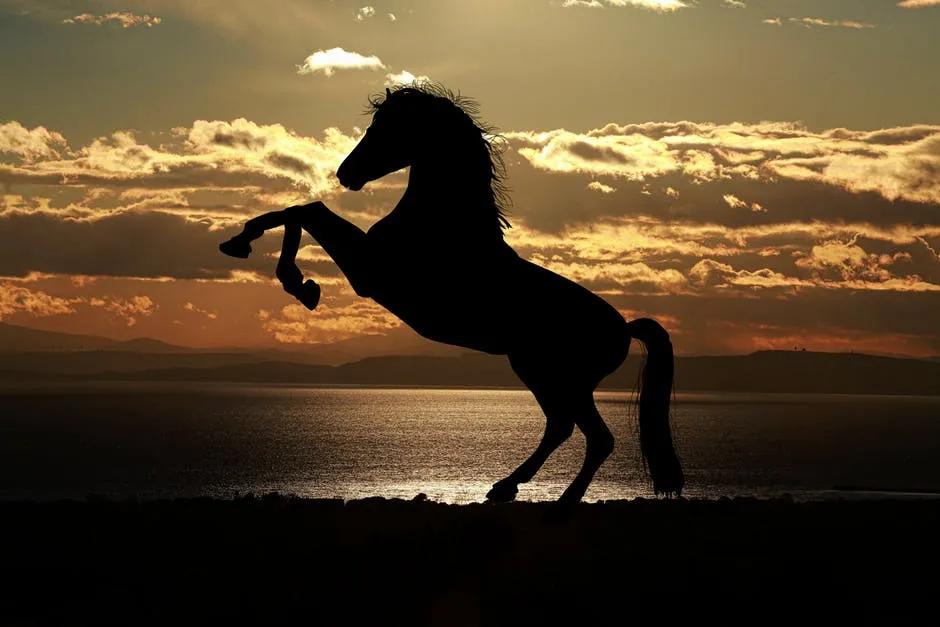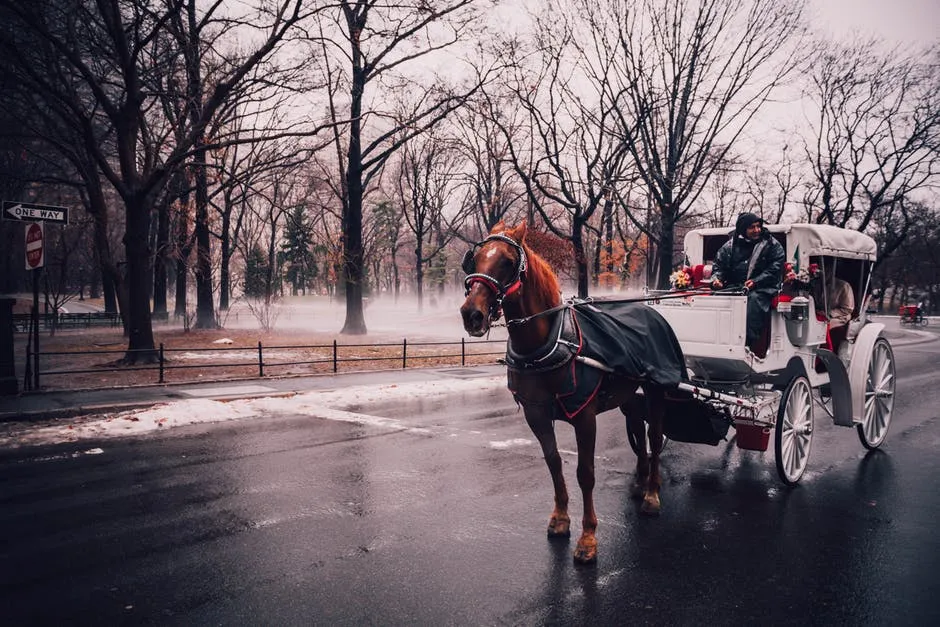It’s been a while since I’ve written an article in the name of animals, and today I would like to focus on this majestic creature we all take for granted.
Horseback riding
When I was a kid, my mom signed me up for horseback riding lessons. I went every week, and absolutely loved it! We learned to make the horse perform several tricks, as well as walking a certain way, trotting and galloping. I was ecstatic. One thing I remember our teacher always repeated was: you have to show your horse who’s boss if you want him to do as you wish. And so I did.
If I wanted my horse to run faster, I would kick it a little harder with my heels, and if he still refused, I would give him a little whip on its butt with my torture device. I never questioned any of it; it all seemed perfectly normal.
In the years that followed, I put in practice all the wonderful things I had learned and went on horseback riding tours every time I could. In Aruba, in the south of France, in Costa Rica, Panama, and anywhere I would go on vacation.
Today I’m asking myself: Do horses really want to carry people on their backs while walking in circles and performing tricks?
Doing some research on horses before writing this article has led me to discover that horses wouldn’t get as much mental stimulation and physical exercise if it weren’t for people riding them. And I can totally get behind a person owning a horse, and getting some quality time riding together through the fields. After all, horses are extremely intelligent (smarter than dogs in fact!) and get just as attached to their owners, meaning they will enjoy going for a walk with their human.
However, I’m questioning whether it is OK to make money on the backs of these animals (literally!), by renting them out to unskilled tourists for hours every day. Someone who has no experience with horses will pull too hard on the reins, making the bit painful to the horse (the metal mouthpiece in a horse’s mouth which is meant to control where they go).
I once went on one of these tours in the south of France, and in the middle of our walk, my horse suddenly jumped and started running through the forest at full speed. I lost total control, and could only hold on to my saddle as hard as possible to not fall. After a minute or so the horse stopped short at a river and started drinking. The poor animal was so thirsty that at the first smell of water it ran to relieve its thirst. The horse didn't get any water for who knows how long (the water fountain in his stall was blocked by dirt and nobody had noticed!), and of course I made a scandal later at the tour agency. Unfortunately this is no exception.
So I'd argue that it is fine to ride your horse just like you would walk your dog in order to maintain its physical and mental health. However, would you let perfect strangers walk your dog for hours at a time without knowing if they have experience holding a dog on a leash, and charge them for it?
In the latter scenario, the animal becomes an object to be used and rented out, just like you would rent a bike or a car, and this is where I personally draw the line.
It took me 30 years to reevaluate the way we treat animals, even domesticated ones, and I think it’s a good exercise to put ourselves in the animal’s “shoes”. It’s something that I’m always preaching, because most of the time people view animals as something they own, as opposed to a sentient being they live with. Animals are not here for us, they are here with us.
Where does physical exercise end and animal cruelty start?
The cruelty of horse carriages
We’ve all seen them in large cities, and they’re often associated with some sort of romanticism. While I was living in NYC, I’ve seen so many tourists rent horse carriages and ride around Central Park. I never questioned whether these horses were enjoying themselves just as much as the unsuspecting tourists they carry, and unfortunately to them it’s no “walk in the park”.
Horses who live their sad lives pulling carriages spend all day (many, many hours in a row) pulling heavy weight in extreme weather temperatures. This means, they have to do it no matter whether it’s freezing cold (think minus 20 degrees Celcius in New York) or extreme heat in the summer. Many horses simply collapse from exhaustion, or because their legs cannot carry them anymore.
In addition to the physical torture, they get scared by traffic noises (again, I’m coming back to the NYC example where every second you hear some sort of siren or car honking!). It’s simply inhumane, and if you love animals/horses you should never ever get into one of those carriages. If you want to see more details about the living conditions of horses who pull carriages, check Peta’s page here. It’s hard to watch...
Horse races
Everytime an animal is used as commodities for our entertainment or to make money, there’s something seriously wrong with this picture. There’s no way of denying that horse races are a severe form of animal abuse hidden behind fancy cocktail dresses and gatherings of the rich.
Their training often starts at a very young age, when their bone structure is not yet solid enough to endure the required exercise.
Moreover, race horses are fed drugs to enhance their performance on the tracks (remember it’s illegal for humans, right?), and if that wasn’t enough, jockeys often use electric shocking devices to shock their horses into running faster. Some horses suffer internal hemorrhage in their lungs as a result of the strenuous sprinting exercise. These are illegal, albeit used frequently. The New York Times actually sent an undercover team to bring these practices to light as you can see in the video below:
According to the New York Times, 24 horses die on race tracks weekly! If they get injured and need surgery, they are often sent to abattoirs to end up in the meat industry, as a sick or injured animal is not lucrative. source.
To conclude, the message I’m trying to convey is the following: animals (horses or any other animal) are not objects that we can use and dispose of for entertainment or money. They are intelligent sentient beings who feel pain, exhaustion and suffer just the same us humans do. The only difference is that they cannot say it in words. If there’s one thing to remember from this article, and I hope I’ve planted a small seed in your subconscious, is to never ever pay for any activity that involves an animal having to work or perform for you.





